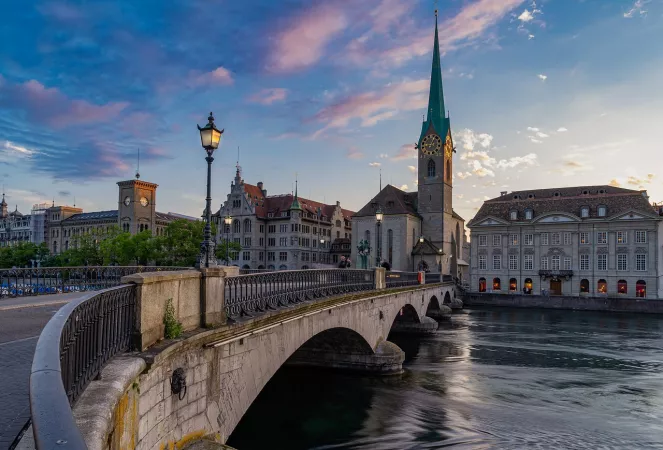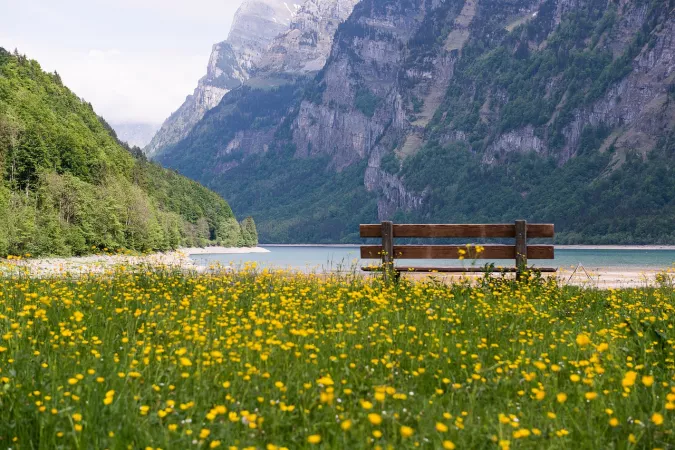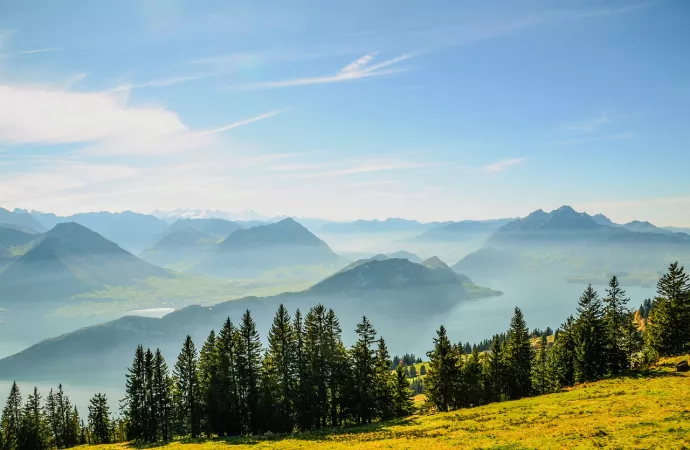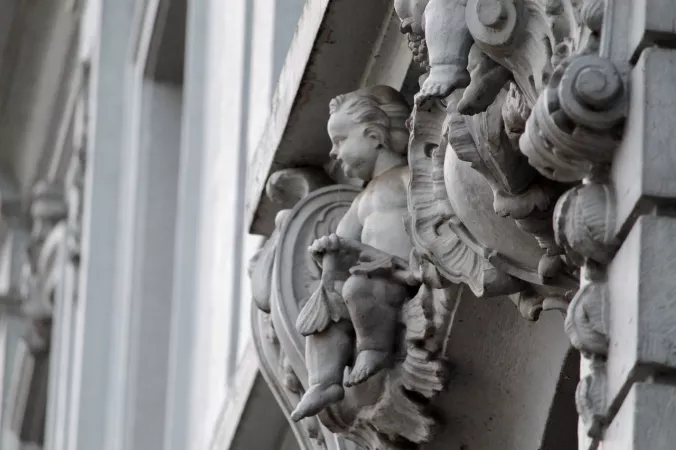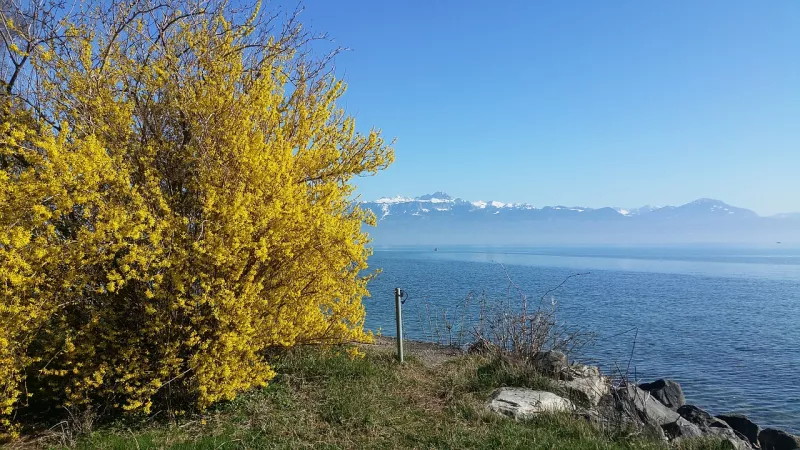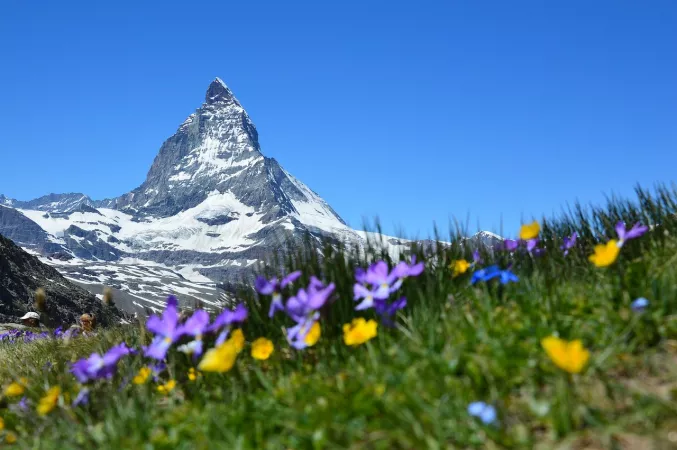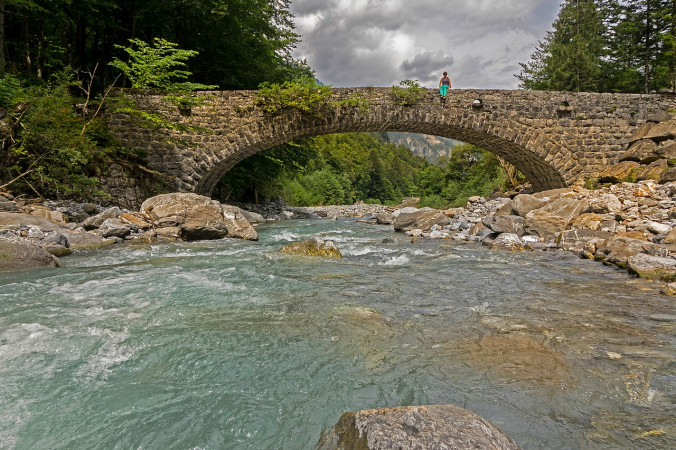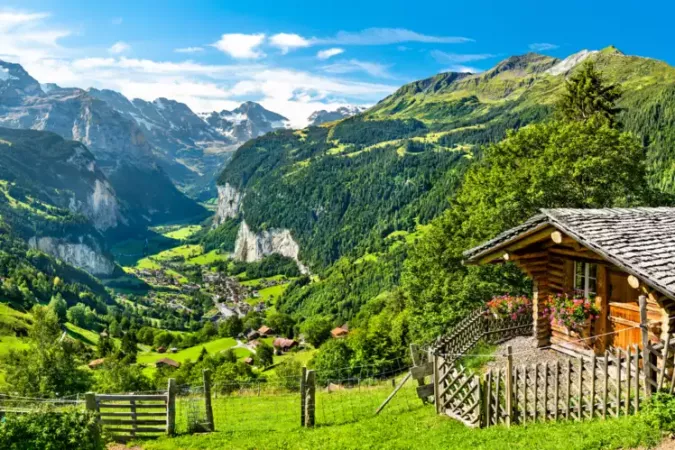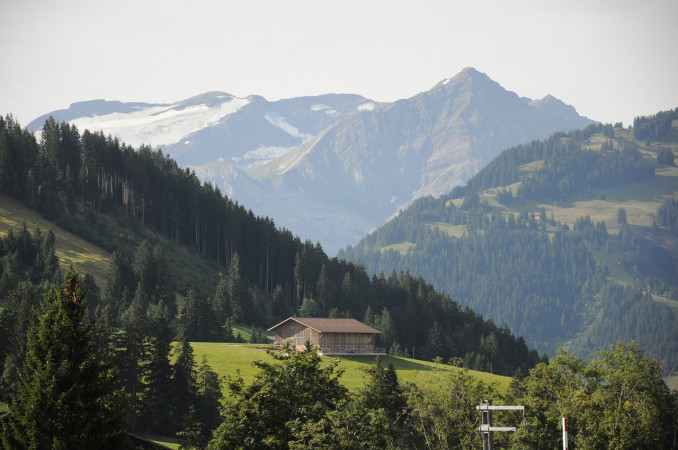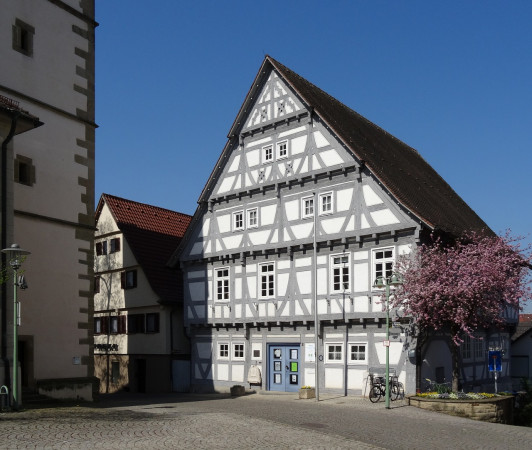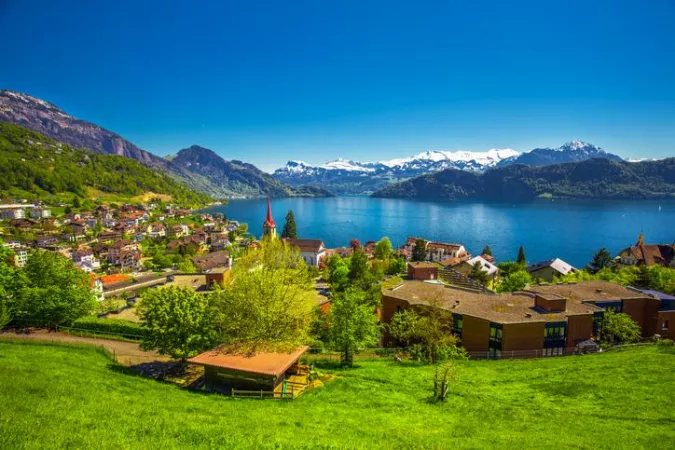Hi User
Navigation
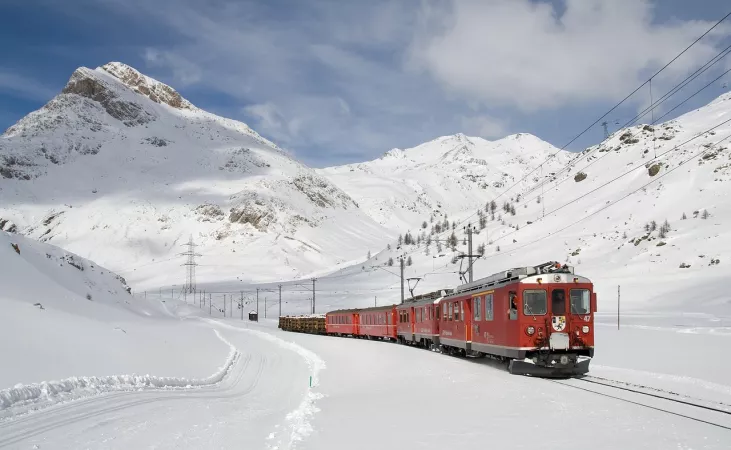
Switzerland
Duration
5 to 10 Days
5 to 10 Days
Best time to visit
Jun-Aug
Jun-Aug
Theme
Hill Station, Adventure, Heritage
Hill Station, Adventure, Heritage
Switzerland Travel Guide
Switzerland, known for its stunning alpine scenery, is a landlocked country in Central Europe. Renowned for its chocolate, cheese, and watches, Switzerland boasts a rich history of neutrality and is home to multiple languages and cultures. The country's geography is dominated by the Swiss Alps, pristine lakes, and picturesque villages, making it a popular destination for outdoor enthusiasts and nature lovers alike.Top Attractions in Switzerland
- Explore the Matterhorn in Zermatt
- Visit the Chillon Castle in Montreux
- Take a scenic train ride on the Glacier Express
- Discover the Jungfrau Region
- Stroll around the beautiful city of Lucerne
Switzerland is Famous for
Switzerland is famous for its breathtaking landscapes, precision watches, delicious chocolates, and luxurious ski resorts.Top Attractions in Switzerland
- Swiss Alps
- Lake Geneva
- Rhine Falls
- Lauterbrunnen Valley
- Bern's Old Town
What's Great about Travelling to Switzerland?
- Scenic beauty
- Outdoor activities
- Safe environment
- Efficient transportation
What's Not So Great about Travelling to Switzerland?
- Expensive destination
- Language barriers in some regions
- Crowded tourist spots
- Strict rules and regulations
Travel Tips for Switzerland
- Ensure to have travel insurance
- Carry some cash as not all places accept cards
- Respect the local customs and traditions
- Use public transportation for convenience
Important Switzerland trip information
- Ideal Duration: A week to 10 days is ideal to explore the major attractions.
- Best Time to Visit: Summer (June to August) for outdoor activities and Winter (December to February) for skiing.
- Nearby Airports and Railway Stations: Zurich Airport, Geneva Airport, Bern Railway Station, Zurich Railway Station.
Popular Switzerland Tour Packages From:
Budget Switzerland Tour Packages Under:
Top 9 Places to visit in Switzerland
7 days & 6 nights
4.9 (66)
Enjoyable Trip Of Paris-Swiss ( English Group tour )
2D Europe • 2D France • 3D Switzerland
Tour package by Here You Go Holidays
Verified
INR 156,764 SAVE INR 47,029
INR 1,09,735 /Adult
6 days & 5 nights
4.8 (238)
Glimpse Of Switzerland | FREE FIFA Museum Tickets
Switzerland
Tour package by Fab Holidays
Verified Trustseal
INR 124,999 SAVE INR 25,000
INR 99,999 /Adult
5 days & 4 nights
4.2 (277)
Gstaad Tour Package Of 4N 5D
Switzerland
Tour package by AVIDFLY VACATIONS PRIVATE LIMITED
Verified
INR 23,000 SAVE INR 5,750
INR 17,250 /Adult
5 days & 4 nights
4.9 (66)
Glimpse Of Murren-Murren Tour Package Of 4N 5D
2D Europe • 3D Switzerland
Tour package by Here You Go Holidays
Verified
INR 133,713 SAVE INR 40,114
INR 93,599 /Adult
6 days & 5 nights
4.8 (238)
Glimpse Of Switzerland With FIFA Museum Tickets
Switzerland
Tour package by Fab Holidays
Verified Trustseal
INR 99,999 /Adult
5 days & 4 nights
4.2 (277)
Glimpse Of Murren-Murren Tour Package Of 4N 5D
Switzerland
Tour package by AVIDFLY VACATIONS PRIVATE LIMITED
Verified
INR 21,235 SAVE INR 4,247
INR 16,988 /Adult
FAQ's on Switzerland
Q1: What is the best time to visit Switzerland?
Switzerland is a year-round destination, but the best time to visit is during the summer months from June to August when the weather is pleasant for outdoor activities like hiking and sightseeing. Winter, from December to February, is ideal for skiing and snow sports in the Swiss Alps. Spring and autumn offer beautiful landscapes with blooming flowers or colorful foliage. Consider visiting during the shoulder seasons to avoid crowds and enjoy lower prices.
Q2: Do I need a visa to travel to Switzerland?
Travelers from the EU, EFTA countries, and several other nations do not need a visa for short stays in Switzerland. However, it is essential to check specific visa requirements based on your nationality and the duration of your visit. Make sure your passport is valid for at least three months beyond your planned departure date.
Q3: What are the must-visit attractions in Switzerland?
Switzerland offers a plethora of attractions, including the iconic Matterhorn, picturesque Swiss villages like Zermatt and Interlaken, the stunning Jungfrau Region, and the vibrant cities of Zurich, Geneva, and Lucerne. Don't miss exploring the Swiss National Park, taking a scenic train ride on the Glacier Express, or cruising on the pristine lakes.
Q4: Is Switzerland a safe place to travel?
Switzerland is considered one of the safest countries in the world with low crime rates. However, like any destination, travelers should exercise caution, especially in tourist areas prone to pickpocketing. Follow basic safety guidelines, secure your belongings, and be aware of your surroundings. It is generally safe to travel in Switzerland.
Q5: What is the local currency in Switzerland and can I use credit cards?
The local currency in Switzerland is the Swiss Franc (CHF). Credit cards are widely accepted in most establishments, but it's advisable to carry some cash for smaller purchases and in rural areas. ATMs are readily available in cities and towns for convenient currency exchange.
Q6: What is the local cuisine like in Switzerland?
Swiss cuisine is diverse, influenced by German, French, and Italian culinary traditions. Indulge in fondue, raclette, rosti, and Swiss chocolate. Try traditional dishes like Zurich-style veal and cheese fondue. Vegetarians can enjoy delicious cheese and vegetable dishes. Don't forget to taste Swiss wines and local cheeses.
Q7: What transportation options are available in Switzerland?
Switzerland has an efficient public transportation system, including trains, trams, buses, and boats. The Swiss Travel Pass offers unlimited travel on public transport. Taxis are available but are expensive. Car rentals are convenient for exploring remote areas, but parking can be challenging in cities.
Q8: Are there any cultural norms or etiquette I should be aware of when visiting Switzerland?
When in Switzerland, it's essential to greet people with a handshake, maintain punctuality, and respect personal space. Tipping is not obligatory as a service charge is often included in the bill. Dress modestly when visiting religious sites and always ask for permission before taking photographs of locals. Respect the environment by following recycling guidelines and keeping public spaces clean.
Q9: I am a travel agent. How can I buy travel leads of Switzerland?
Register yourself as a travel agent at agents.tripclap.com and then you can buy travel leads to Switzerland once your account is approved. For more details contact our support team at +91-8069186564 or support@tripclap.com
Certified
We accept (more)
Members of
Media Recognition
Trusted Partners
Award
Copyrights © TripClap. All Rights Reserved
